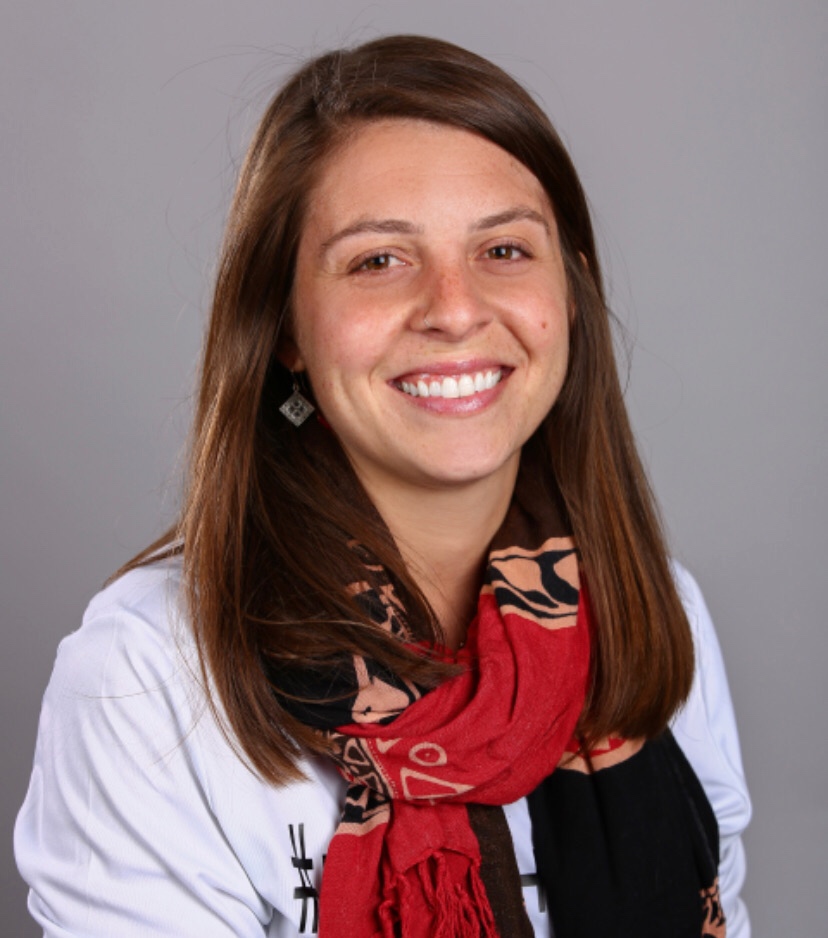If an outdoor behavioral healthcare program is what’s most appropriate for a client, I will present some options to families to consider. Most locations can be found in the far reaches of the US, which parents struggle with. Add the element of coldness in winter, and parents immediately start asking if there are “warmer locations” for their loved one to be in treatment. I am always firm in the recommendations that I give, not because I don’t hear the concern from the family. The recommendations I give are due to programmatic structure and outcomes, specific therapists that I believe will work wonders with my client, the family’s budget, if there is space in a group, and whether or not my client would fit within said group. What I often think to myself is that the problem is bad enough now, so enrollment in the winter will be more impactful than waiting another six months until it’s warmer outside. That’s not for the betterment of the young adult, but rather to allow the parent to feel more comfortable with the idea of their loved one being outdoors.
Enrolling in a program, no matter the time of year is messy and uncomfortable. Your loved one needed this type of intervention, and they probably weren’t ready for it until now. Feeling guilty about your loved one being outside in the winter won’t do anything except make you, as a parent, uncomfortable. They’re well taken care of when they’re outside. If you are really concerned about whether they’ll be physically safe, just ask the potential programs. All of them have significant risk management in place, which includes appropriate gear, nutrition, hydration, programmatic changes, and training for staff. Field staff are constantly in touch with “base-camp staff” to ensure they know of incoming storms, follow protocols around temperatures, and communicate around the overall health of the current participants. Winter is not something programs take lightly.
While I was a field staff many, many moons ago there was one week where the temperature never rose above -18 degrees F. Now that was an anomaly, and yet the clients rarely complained. I remember that week vividly. It was a true testament to self-care, and I can safely say that no one left the program or was worse the wear for living that week in the field. Your loved one is probably more capable of adversity than you may give them credit for.
Why I believe Outdoor Behavioral Healthcare can be more impactful that a treatment program indoors is because being outside forces a loved on to do the work. They must be in the moment, which is hard for Generation Z. Enrolling them in a program with a roof over their head, heated blanket, and access to a town may not be enough of what they need. It’s not a camp. I like to tell my clients that it really “cracks you open and builds you back up,” because for the first time in their lives they must learn to truly take care of themselves. A lot of parents are still fearful of what to expect in a wilderness therapy program, and if you go to Google it’s hard not to let your imagination run wild. Not sure how safe it is? Consider reading through some recently published myths around wilderness therapy. The truth may help you sleep a little bet at night.
What’s almost important to highlight is that what is physically uncomfortable for one person may be completely different for another. For me, I thrive in the winter. I’ll take being outdoors in the winter any day over hot and humid weather. But, to each their own. We need to be mindful of making recommendations for treatment not on what makes us more comfortable but keeping in mind what the person going into treatment will need the most. Let them be a part of the decision and process to ensure they know what they’re getting into. You’d be surprised the number of young people who’d be more accepting of being outdoors in the winter months.
Also, keep in mind that winter looks differently in different regions across the US. Reading a thermostat and seeing single digits doesn’t mean that it feels horribly cold outside. In a high desert, when the sun rises above the horizon line it can feel rather hot in a short amount of time. Again, to each their own.
Wilderness is just the beginning. Young adults see their parents as vehicles to get what they want. You, as a parent, can’t do this for your young adult anymore. They can only start to change if you give them the opportunity to do so, and in an environment where they must adapt. Wilderness is just the beginning. Also note, there’s no such thing as bad weather, only inappropriate clothing. Every participant in an outdoor behavioral healthcare program in the winter has all the appropriate gear they need!
For anyone looking for additional resources around mental health, substance abuse, college transition coaching, or parent resources you can find them on: https://www.lilley-consulting.com/ or follow @lilleyconsulting, or https://www.facebook.com/LilleyConsultingLLC/.


